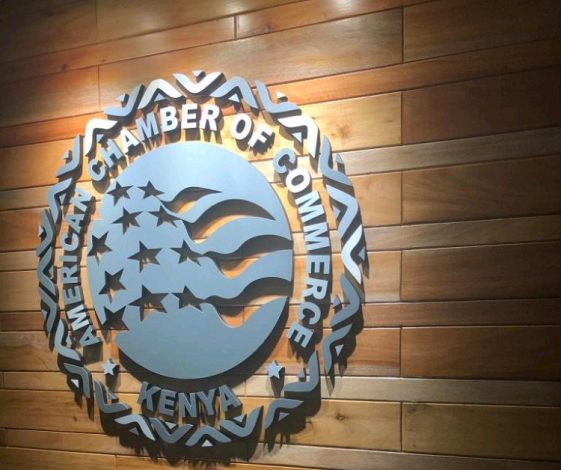Last week, the Trade Sub-committee of the United States House of Representatives Committee on Ways and Means held a session focused on the future of trade between the United States and Sub-Saharan Africa and Haiti.
Dubbed ‘Looking Beyond 2025 for Trade with Sub-Saharan Africa, Haiti, and Others’, hearing on the Sub-Saharan Africa component focused on what follows after the expiration of the Africa Growth and Opportunity Act (AGOA) in 2025.
First introduced in 2000, AGOA was originally intended to accord select products from qualifying Sub-Saharan African countries preferential access to the US market.
It was set to last until 2015 before it was extended for another 10 years, which lapses in 2025.
The last few years, particularly the last few months, have witnessed intensified activities around post-AGOA 2025. Earlier on, under Donald Trump’s administration, the US started free trade negotiations with Kenya. It was largely viewed as a pilot initiative aimed at exploring new trade arrangements with Sub-Saharan African countries in anticipation of AGOA’s expiration.
Trump’s successor, Joe Biden, while retaining bilateral negotiations with Kenya, reconfigured it to the Strategic Trade and Investment Partnership (STIP). The 6th round of the STIP negotiations were held a few weeks ago in Mombasa.
Alongside STIP, AGOA’s conversations have intensified. Not so long ago, two Senators; Democrat Chris Choon and Republican James Risch, authored a bipartisan draft bill seeking the extension of AGOA. Last week’s proceedings fall exactly within the context of intensified conversations around the AGOA extension. Only that this time round, conversations have assumed an increased intensity.
Listening, one could easily tell the pronounced centrality of AGOA as much more than just a benign economic instrument. Speaker after speaker profiled AGOA as a potent arrow in the US’s geostrategic quiver.
For instance, in his opening statement, Congressman Jason Smith from Missouri views AGOA as key in containing China’s and Russia’s spread of ‘malign influence’. The most reflective and empirically grounded thoughts were however, shared by Daniel Runde, the Committee’s guest invited to share thoughts around the extension of AGOA.
Representing the Center for Strategic and International Studies (CSIS), Runde made a passionate appeal in favour of extending AGOA. He hammered the centrality of AGOA in addressing the US’s legacy fault in its foreign policy approach toward Africa.
He argued that a new AGOA must reflect the changes in Africa’s economic and geostrategic outlook, including improved governance, and an expanded middle class that he estimated to stand at approximately 350 million people.
Geostrategically, he pointed out China’s immense influence on the continent, with ‘52 out of 54’ countries being part of the Belt and Road Initiative (BRI); control of 23 ports in Africa; Chinese Huawei controlling 70% of the 4G network in Sub-Saharan Africa; and China investing 2.5 times into Africa’s infrastructure that of the entire western world.
He argued that the swift renewal of AGOA would be a good step toward countering China’s growing influence in Africa. ‘Failure to renew AGOA’ he argued, ‘would be a strategic disaster for the US.’
Beyond AGOA, Runde made a case for the development of a robust strategy that is reflective of the realities of the 21st century, alluding to the fact that, the US must be intentional in addressing its historical shortcomings in its relations with Africa if they are to catch up in the game.
The key takeaway from the Congressional session is the US’s realization that Africa can no longer be ignored. Africa should indeed not have been ignored in the first place.
This, it would be prudent for Africa to seize the opportunity and position itself to ensure it reaps maximum benefits from the multi-polar world. The surest way would be to adopt a pan-African approach to engagement with the rest of the world. Fragmentation is a sure recipe for continued exploitation.
Industrialisation and Capacity Building Key to Africa’s Free Trade Area – Afreximbank




